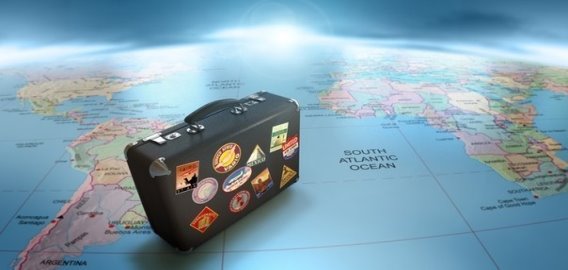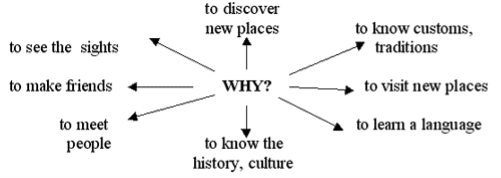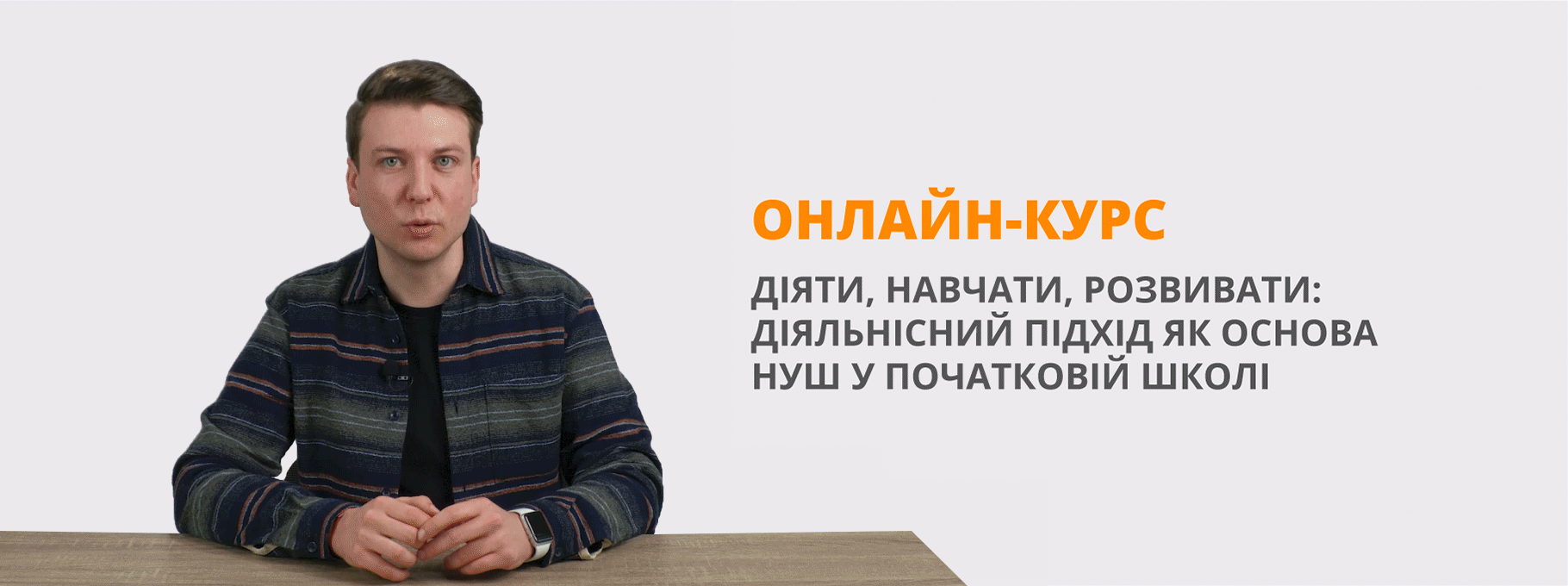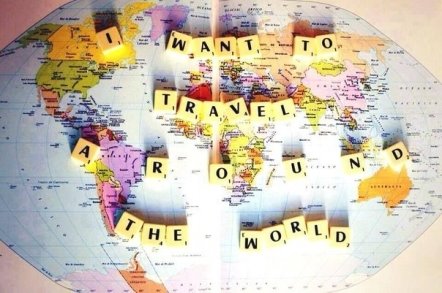План-конспект уроку з англійської мови з теми: « Подорожі », проведеного у 6 класі
Тема:Подорожі
Підтема: Переваги подорожі тим чи іншим видом транспорту. Опрацювання матеріалу через мовлення, читання, аудіювання
Цілі:
Практична:-формувати навички монологічного та діалогічного мовлення,
-активізувати вживання лексики з теми,
-формувати навички вживання граматичних структур типу Present Perfect
-розвивати вміння аудіювати текст, ігноруючи незнайомі слова.
План-конспект
уроку з англійської мови з теми: « Подорожі », проведеного у 6 класі

Тема:Подорожі
Підтема: Переваги подорожі тим чи іншим видом транспорту. Опрацювання матеріалу через мовлення, читання, аудіювання
Цілі:
Практична:-формувати навички монологічного та діалогічного мовлення,
-активізувати вживання лексики з теми,
-формувати навички вживання граматичних структур типу Present Perfect
-розвивати вміння аудіювати текст, ігноруючи незнайомі слова.
Навчальна: формувати предметні компетентності:
-комунікативно-мовленнєву-збагачення та активізація мовленнєвого запасу;удосконалення навичок діалогічного мовлення
-лінгвістичну- уміння опрацьовувати письмове повідомлення; уміння читати текст з вилученням основної інформації
-граматичну- здатність користуватися граматичними ресурсами мови;
-соціолінгвістичну- уміння використовувати вирази ввічливості, розуміння прислів’їв мови, яка вивчається
Розвивальна:
- розвивати загально навчальні вміння: культуру мовлення, чіткість і точність думки, критичність мислення, здатність відчувати красу мови
- розвивати мовну здогадку, вміння логічно викладати свої думки
-розвивати вміння вести групову бесіду, уміння працювати в групах, парах.
Виховна:
- сприяти розвитку самостійного та логічного мислення; розвивати інтелектуальні здібності( увагу, пам'ять, мислення, уяву);
-виховувати активність в рішенні комунікативних завдань, самостійність у виконанні вправ та здібність до взаємодопомоги при роботі в парах та групах
- формувати інтерес до вивчення англійської мови, повагу до культури та традицій країни
Тип уроку : Урок перевірки й корекції знань, навичок, умінь
Форми роботи: фронтальна, індивідуальна, робота в парах.
Обладнання: підручник, робочий зошит, тематичні картинки, аудіозапис
Очікувані результати
Учні повинні:
вживати вивчені лексичні одиниці в діалогічному та монологічному мовленні;
правильно вживати граматичні структури з дієсловами у Present Perfect;
знати прислів’я рідної країни та країни, мову якої вивчають;
вміти розповідати про подорожі та переваги видів транспорту;
складати словарні карти.
План уроку:
І. Орієнтація, мотивація діяльності .
ІІ. Цілепокладання.
1. Повідомлення теми, мети, завдань уроку .
2. Мотивація навчальної діяльності.
3. Визначення очікуваних результатів.
ІІІ. Цілереалізація.
1.Перевірка знань фактичного матеріалу (усна фронтальна бесіда, усна індивідуальна розмова).
2.Перевірка глибини усвідомлення знань (письмове опитування, самостійне складання таблиць, схем тощо).
3.Перевірка знань основних понять
4.Фізкультпауза.
5.Застосування знань у нестандартних умовах.
6.Застосування знань у стандартних умовах
7.Домашнє завдання
ІV. Рефлексивно-оцінюючий.
1. Підведення підсумків уроку.
2. Рефлексія.
3. Цінування, оцінювання.
Хід уроку
І.Орієнтація, мотивація діяльності.
Good morning, dear children! I am glad to see you at our lesson. I hope you are in a good mood today and you are ready for the lesson.
What is the weather and season? What’s date? So, in 2 weeks you’ll have your winter holidays. We know that people usually travel during their holidays.
ІІ. Цілепокладання.
- Повідомлення теми, мети, завдань уроку .
So, what are we speaking about today? Yes, we continue our work on the topic “Travelling and Transport.” Why do you need it? (Pupils’ answers)
Аt this lesson try to do your best to show and improve your knowledge.
-We shall review the material we have learned this month: the vocabulary on the topic "Travelling”, grammar structures with Present Perfect
-We'll listen to your presentations about trips and journeys and act the dialogues out.
-You’re philologists, that’s why there will be some exercises for literary translation
- Мотивація навчальної діяльності
I suggest the mottoes of our lesson

The world is a book, and those who do not travel, read only a page.
Read and translate them! Have you got more motivation for travelling?
We’re talking about travelling, that’s why you’ll travel a lot around the classroom. Come & take the other slogans and their translations and match them
1.А journey of a thousand miles starts with a single step
2. Travel only with those whom you love
3. Travelling teaches more than anything else. Sometimes one day, spent in other places, gives more than 10 years of life at home
4.The real voyage of discovery consists not in seeking new landscapes but in having new eyes .
5.A man travels the world over in search of what he needs, and returns home to find it.
6. The man who goes out alone can start today; but he who travels with another must wait till that other is ready.
3. Визначення очікуваних результатів
I hope that during our lesson you’ll be able to speak about advantages and disadvantages of some kinds of transport, share your trips’ impressions, listen and understand the text, make word maps, show your knowledge of English and Ukrainian proverbs.
|
|
|||
|
|
|
|
|
|
|
|||
ІІІ. Цілереалізація.
1. Перевірка знань фактичного матеріалу (усна фронтальна бесіда, усна індивідуальна розмова).
Warming up
Tongue-twister:
Enjoy the journey whatever the journey whether it's enjoyable or not

1. Every country has its customs. У каждой страны свои обычаи. Что город, то норов
2. There is no place like home. East or West, home is best.В гостях хорошо, а дома лучше.
3. When at Rome, do as Romans do. - Когда находишься в Риме, поступай как римляне. В чужой монастырь со своим уставом не ходят.
4. So many countries, so many customs. - Сколько стран, столько и обычаев.
5. To carry coals to Newcastle. - Возить уголь в Ньюкасл. Ездить в Тулу со своим самоваром.
Recite the poem “Travelling”
If you want to be in a good mood.
You don’t go by car, go on foot.
If you want to go far away.
You don’t go by car, you go by plane.
If you want to have a restful trip,
You don’t go on foot, you go by ship.
If you want to go far away,
You don’t go by ship, you go by plane.
If you want some close friends to gain,
You don’t go by plane, you go by train.
T: Is advice good for you? What advice will you follow?
2.Перевірка глибини усвідомлення знань (письмове опитування, самостійне складання таблиць, схем тощо).
|
I go by |
plane |
or |
I fly |
|
car |
I drive |
||
|
ship |
I sail |
||
|
bicycle/bike |
|
I ride |
|
|
motorcycle/motorbike |
|||
|
bus |
|||
|
I go on |
horse |
|
I ride |
|
foot |
|
I walk |
|
In my opinion everybody likes travelling. Modern people cannot live without traveling. Am I right?
Ps: Yes, of course.
Проведення аналізу подорожей по структурним схемам
T: How do people travel? Look at the pictures and say.
How can you get to France? To Novovasilevka? To Piryatin?
T: How do you like to travel? Why?
P1: I like to travel by plane, because it’s very fast.
P2: I like to travel by ship, because I like a sea.
P3: I like to travel by train, because it’s comfortable.
P4: I like to travel by car, because our family likes to travel together.
Now, let’s answer the question’’ Why do we travel?’’
Your home task was to give answers to this question. Come to the blackboard and stick cards with them, composing the word- map

3.Перевірка знань основних понять
1) Your next task was to read the dialogues or act your own ones.
2) You have prepared stories about your trips. Let’s listen to them!
4.Фізкультпауза.
Thanks to our topic we’re in Africa now. Let’s make a circle & listen to an African rain
5.Застосування знань у нестандартних умовах.
T. Children, do you like to travel? Which means of travelling are the most popular with the passengers?
Everybody knows that different kinds of travelling have their own positive and negative aspects. Let’s discuss about it.
T. Many people prefer travelling by car.
Advantages /disadvantages
P1. You can stop where you want./ P1. Petrol is very expensive.
P2. You don’t have to buy any tickets. P2. Sometimes it is difficult to find a service station is an unknown place
P3. You shouldn’t follow any time table.
P4. You don’t have to carry luggage.
P3. Roads are not in good condition.
6.Застосування знань у стандартних умовах.
- (Аудіювання) You’ve studied the material well and it’ll help you to understand the record of the text and do exercises after that
- (Читання) We often use e-mails. Do you remember the rules of writing them? Read and do the exercises.
- (Письмо) And again the proverb: Practise makes perfect. Use Present Perfect Tense to do the exercise.
7. Домашнє завдання
Now, please write down your hometask
(I) the dialogue (by heart)
(II )To translate the quotation ( Не тратьте деньги на одежду… Тратьте деньги на путешествия… Какая разница, сколько лет вашим кедам, если вы гуляете в них по Парижу.)
Have you got any questions?
ІV. Рефлексивно-оцінюючий.
1.Підведення підсумків уроку.
So, our lesson is going to the end. You have proved that you know the material rather well. Thanks for your work
2. Рефлексія.
What did we do at our lesson today?
- What did you like the most?
Finish the sentences about the lesson:
The topic of the lesson was…
It was interesting to get to know/to do…
Now after the lesson I can…
3. Цінування, оцінювання
It was very interesting to listen to your points of view. Your marks for the lesson are the following…
Let’s relax and sing a song with the heroes of Disney‘s cartoon “Let’s have a trip”
The lesson is over. Good-bye.


про публікацію авторської розробки
Додати розробку

